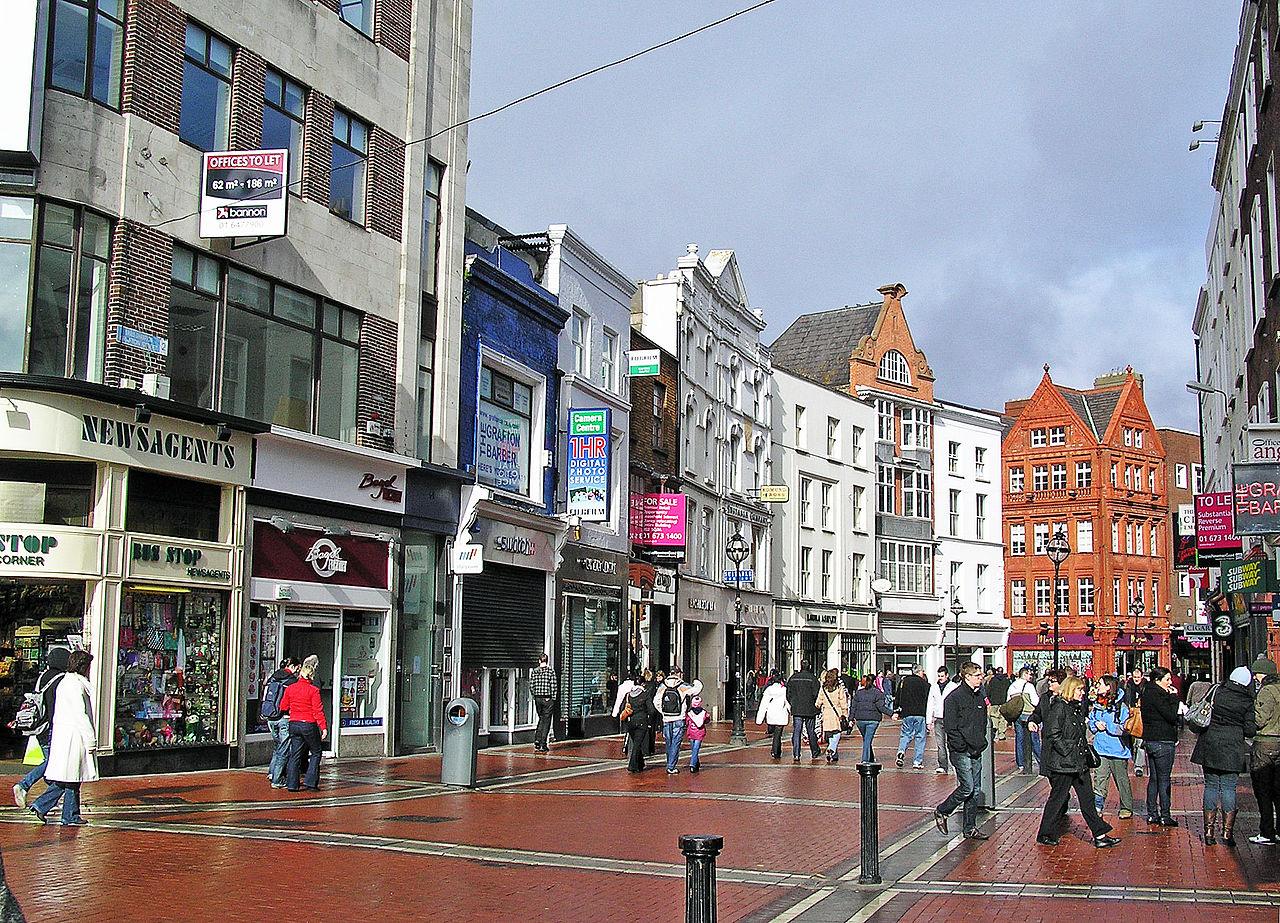Ireland looks to close a major tax loophole, but some Irish want to keep the money flowing
Grafton Street is a principal shopping street in Dublin's city center.
Ireland was once known as the "Celtic tiger" as its economy boomed from the late 1990s into the new century, but the financial crisis turned it into a declawed kitten. Now the country might be getting those claws back.
There are hints the government is ready to step on the gas again after six years of strict austerity policies. The country's finance minister, Michael Noonan, confidently rolled out next year’s budget on Tuesday, including a plan to phase out special tax breaks known as the "Double Irish."
Those breaks allowed big corporations like Apple, Google and Facebook to save billions of dollars in taxes by funneling revenues through Irish subsidiaries. The scheme has, unsurprisingly, been cricitized as an unseemly loophole for already-profitable giants. But not everyone agrees.
"I feel that Ireland as a small country should use all the weapons it can get into its armory to get jobs over here, because it's all about jobs in Ireland," says Irish novelist Peter Cunningham. Ireland has traditionally exported young workers due to lack of jobs, and the financial crisis exacerbated the problem. The country's unemployment rate is now at a five-year low, but that still puts it above 11 percent.
Cunningham credits the tax system with creating many of the jobs that are there. "It's resulted in tens of thousands of jobs, very welcome jobs," he argues, and says Ireland should embrace the Double Irish. "Loophole is a pejorative term. It is simply imaginative taxation architecture. … There's nothing to be ashamed of in using this long established tax architecture, and we should stick with it."
That's much the same point as Bono, the lead singer of Irish band U2, recently made. "Ireland's tax competitiveness has brought our country the only prosperity we've known," he said. "We are a tiny little country, we don't have scale, and our version of scale is to be innovative and to be clever."
But European regulators disagree, and have called for Ireland to close the loophole. Michael Noonan, the Irish finance minister, told reporters on Tuesday that he wanted "to make sure that the slur of the 'Double Irish' is no longer attached to Ireland's reputation."
Cunningham doesn't buy that idea that Ireland's tax laws impugn the country's cultural character, and he dismisses references to Ireland as the "Celtic Cayman Islands."
"Look we have no problem being culturally vibrant, we're extraordinarily culturally vibrant," he says. "But that doesn't mean we have to be poor."
Our coverage reaches millions each week, but only a small fraction of listeners contribute to sustain our program. We still need 224 more people to donate $100 or $10/monthly to unlock our $67,000 match. Will you help us get there today?
